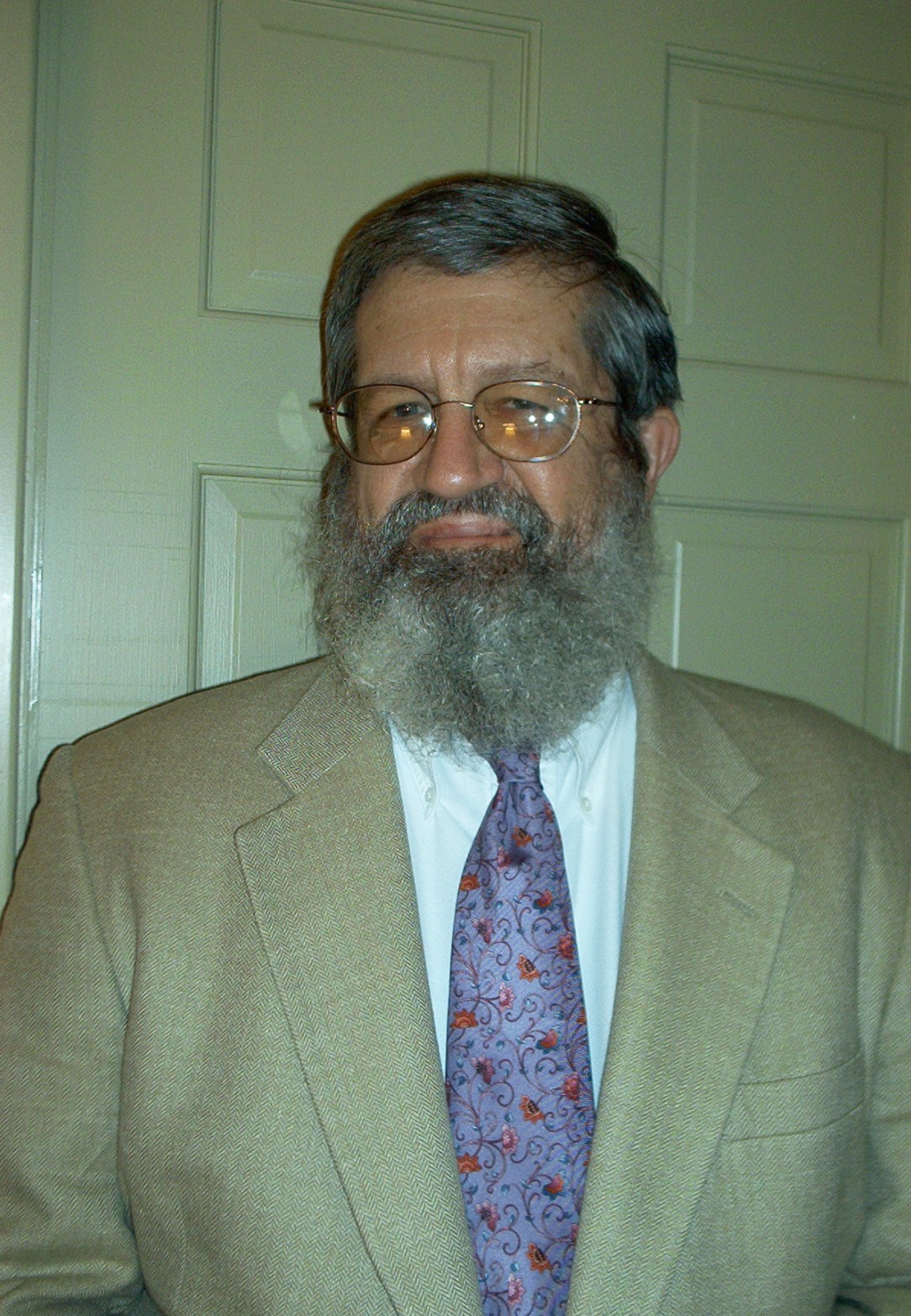Warren M. Billings, Ph.D. '68: A Scholar's Passion for the Past
By Alex VerVynck

Warren M. Billings, Ph.D. '68, is a nationally recognized historian.
(Photo: Warren M. Billings)
Dr. Warren M. Billings’ journey from NIU graduate student to a nationally recognized historian demonstrates how passion and perseverance can lead to a lifetime of scholarship and influence.
Billings’ academic path began at the University of Pittsburgh, where he earned a master’s degree in history under the mentorship of the late Emory G. Evans. When Evans became chair of NIU’s Department of History, Billings followed to join the newly established doctoral program.
Billings was allowed to dive straight into advanced research, as he was one of the first students to enter the program with a master’s degree. He was awarded a graduate assistantship, where he gained invaluable experience working alongside respected historians such as Al Young, Ben Keen, Bob Schneider and Stephen Foster. In the spring of 1968, he became the third student to earn a Ph.D. in history from NIU, defending a dissertation on Bacon’s Rebellion, the first major uprising by American colonists against colonial leadership in Virginia from 1676 to 1677.
“Over the course of his career and into retirement, Dr. Billings has made varied and important contributions to our discipline through his original research, dedicated teaching and preservation of the historical record,” said Valerie L. Garver, Ph.D., Chair of NIU’s Department of History. “Especially for our graduate students, Dr. Billings provides a model of balancing research, teaching and service as a historian and professor. More broadly he shows how the study of history can help students constructively engage in civic life across their lifetimes.”
Billings is grateful for the opportunities he had at NIU.
“I was fortunate to study with an outstanding faculty who held me to the highest standards of excellence in teaching and doing history,” he said. “They prepared me well. I have never once regretted my decision to follow Emory Evans to DeKalb, nor has graduating from a new doctoral program hindered me.”
After completing his doctorate, Billings accepted an assistant professorship at Louisiana State University in New Orleans, now the University of New Orleans (UNO), where he remained for his entire career. There, he struck a balance between teaching, writing and serving the larger New Orleans community. He primarily worked with graduate students—many of whom went on to surpass him, while also earning the reputation as the “dean of early Virginia studies” and solidifying his place as a leading scholar of 17th-century Virginia.
In 1976, Billing played a crucial role in preserving Louisiana’s legal history by negotiating the transfer of the historic archives of the Supreme Court of Louisiana to the Division of Special Collections in the Earl K. Long Library at UNO. He was later designated the Court’s official historian. His work extended beyond Virginia, with significant contributions to early Louisiana law, culminating in the founding of New Louisiana Legal History, a major reinterpretation of the state’s legal origins. His expertise was recognized nationally, leading him to serve as Visiting Williams Professor of Law at the University of Richmond and Visiting Professor of Law at the College of William & Mary.
“Doing the history of Louisiana law has been one of my more challenging and rewarding scholarly experiences,” Billings said.
Following his retirement in 2005, Billings continued writing and lecturing. He became a visiting professor of law at the College of William & Mary and remained active in historical discourse.
Today, Dr. Billings’ career preserving and interpreting legal history reminds NIU students that their research can leave a lasting impact, whether in academia, public service, or beyond. Dr. Billings’ journey is an inspiring example of how a foundation in history at NIU can open doors to lifelong achievement and prestige.
